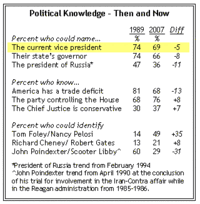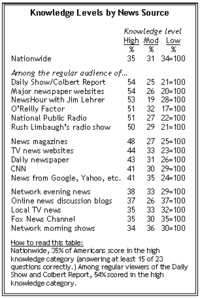Reuters Acquires ClearForest for $25 Million
![]() Reuters has announced its acquisition of text analytics provider ClearForest.
Reuters has announced its acquisition of text analytics provider ClearForest.
The deal, which had been rumored for several months, is thought to be for $25 Million. The Company had raised about $35M in three rounds of venture financing, but had burned through most of its cash. Its most recent round, in late 2003, was led by Greylock. Other investors included Pitango Capital, ABS Ventures/Deutsche Bank, Walden Israel, HarbourVest Partners and JP Morgan Capital (formerly Chase Capital Partners).
According to reports, Gerry Campbell, who joined Reuters last year after heading search for AOL, will head a new strategic group focused on search at Reuters. Reuters also announced today that it had introduced a new automated service that reads text to determine sentiment. That product, leveraging technology from Corpora, will be used to drive algorithmic trading.
ClearForest had struggled in recent years, along with peers like Inxight, Attensity, nstein, temis and others. While the ability to infer meaning from text is compelling, none of the technologies were refined enough for mainstream use and none were able to deliver an ROI outside of the intelligence community.
 During ClearForest's early years, particularly while the financial markets struggled in 2001, we reached out to the publishing market. That industry understood the concept of tagging and we were able to deliver a compelling ROI in the automated tagging of documents. While that was never intended to be the target market segment for ClearForest, it consistently generated the greatest sales for the companies with clients like Reuters, Dow Jones, Thomson Financial, Elsevier and others.
During ClearForest's early years, particularly while the financial markets struggled in 2001, we reached out to the publishing market. That industry understood the concept of tagging and we were able to deliver a compelling ROI in the automated tagging of documents. While that was never intended to be the target market segment for ClearForest, it consistently generated the greatest sales for the companies with clients like Reuters, Dow Jones, Thomson Financial, Elsevier and others.
So, it's not surprising to see ClearForest ultimately acquired by a publisher like Reuters. While many of us, particularly those there during the early days, were hopeful of a bigger (and more lucrative) endgame, ClearForest's ultimate outcome was much more positive than that of WhizBang Labs, Banter, GammaSite, LingoMotors and the many other text mining and tagging companies that have long-since vanished.
Congratulations to ClearForest.
Update: For more on the ClearForest acquisition, take a look at these sources:
Finextra
Search Engine Land
Roger Ehrenberg's Information Arbitrage
The Alacra Blog
Ha'aretz Newspaper
Shore Communications


















